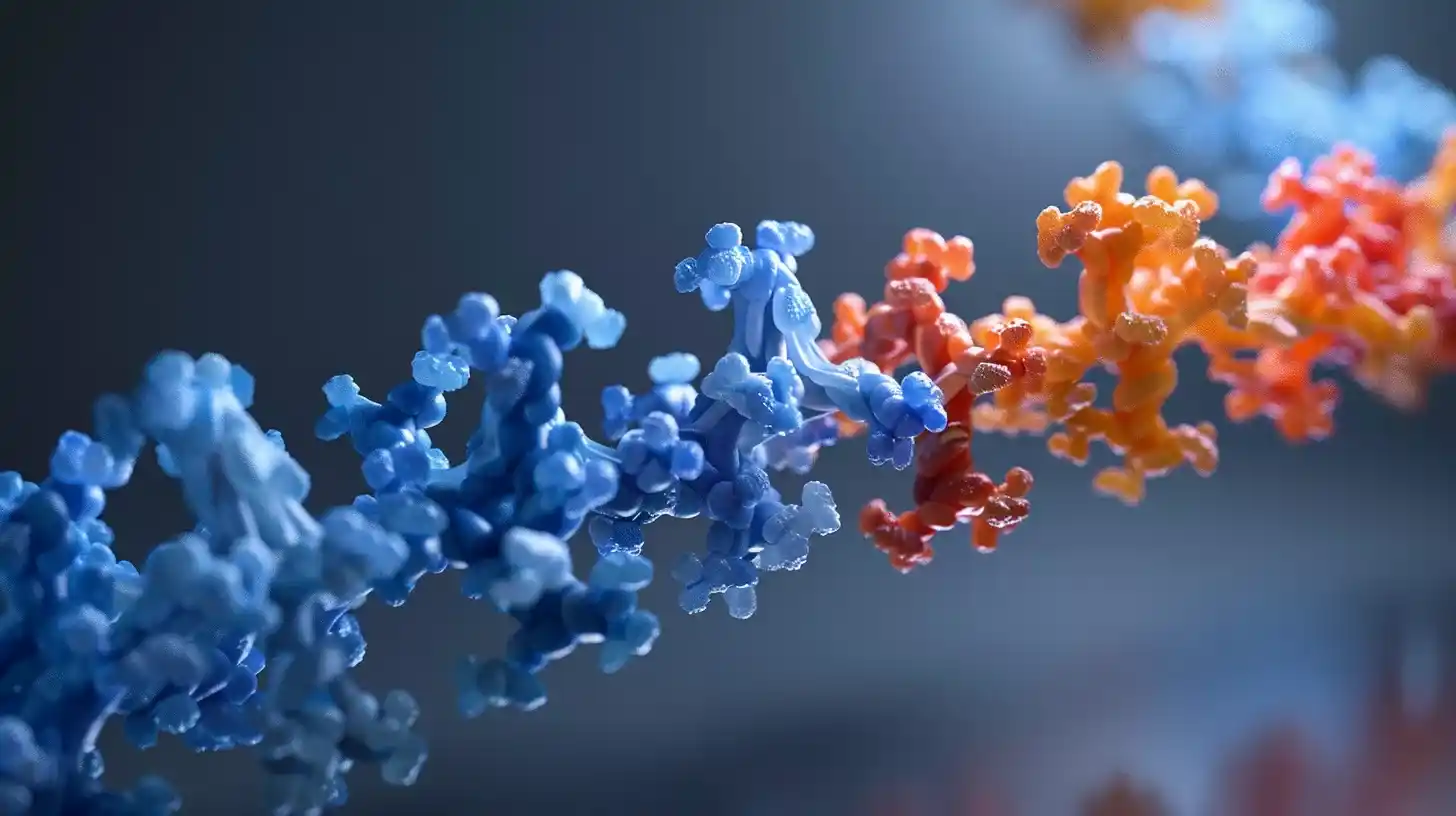Table of Contents
AlphaFold 3: A Leap Forward in AI-Powered Drug Discovery
DeepMind, a subsidiary of Google, has recently launched the third iteration of its groundbreaking artificial intelligence model, AlphaFold. This advanced tool is poised to revolutionize the way scientists design drugs and target diseases.
In 2020, DeepMind made a significant breakthrough in the field of molecular biology. The company successfully utilized artificial intelligence to predict the behavior of microscopic proteins, a feat that had previously been considered extremely challenging.
Mapping Life’s Molecules with AlphaFold 3
The latest version of AlphaFold has taken this achievement a step further. Researchers at DeepMind, along with their colleagues at sister company Isomorphic Labs, have managed to map the behavior of all molecules essential to life, including human DNA. This work is overseen by Demis Hassabis, a co-founder of DeepMind.
Understanding how proteins interact with other molecules is crucial for drug discovery and development. Proteins play a myriad of roles in our bodies, from enzymes that are vital to human metabolism to antibodies that combat infectious diseases.
Implications of AlphaFold 3 for Drug Development
DeepMind’s findings, which were published in the research journal Nature, could significantly reduce the time and cost required to develop potentially life-changing treatments. “With these new capabilities, we can design a molecule that will bind to a specific place on a protein, and we can predict how strongly it will bind,” Hassabis explained in a press briefing.
This is a critical advancement for those aiming to design drugs and compounds to combat diseases.
The AlphaFold Server: A Tool for Scientists
In addition to unveiling AlphaFold 3, DeepMind also announced the release of the AlphaFold server. This free online tool allows scientists to test their hypotheses before conducting real-world experiments.
Since 2021, AlphaFold’s predictions have been freely available to non-commercial researchers. The database, which contains over 200 million protein structures, has been cited thousands of times in scientific literature.
The new server is designed to be user-friendly, requiring minimal computing knowledge. This allows researchers to run tests with just a few clicks, making it easier for biologists to test larger, more complex cases.
The Impact of AlphaFold 3 on Biotechnology

Experts in the field, such as Dr. Nicole Wheeler, a microbiologist at the University of Birmingham, believe that AlphaFold 3 could significantly accelerate the drug discovery pipeline. She noted that the physical production and testing of biological designs is currently a major bottleneck in biotechnology. With the advent of AlphaFold 3, this process could become much more efficient, paving the way for rapid advancements in drug discovery and disease treatment.
In conclusion, the unveiling of AlphaFold 3 marks a significant milestone in the application of artificial intelligence in the field of biotechnology. Its potential to revolutionize drug discovery and disease targeting could have far-reaching implications for healthcare and medicine. As we continue to explore the capabilities of AlphaFold 3, we can look forward to a future where diseases are understood and treated more effectively than ever before.
How does AlphaFold compare to traditional drug discovery methods?
AlphaFold, developed by Google’s DeepMind, represents a significant shift in the field of drug discovery compared to traditional methods. Here’s how:
- Speed and Accessibility: Traditional methods like X-ray crystallography can take months, if not years, to determine protein structure. In contrast, AlphaFold’s predictions are available with a single click, significantly expediting the process.
- Predictive Accuracy: AlphaFold 3 can predict the structure and interactions of all living molecules with unprecedented precision. It outperforms existing prediction methods by at least 50% when it comes to protein-molecule interactions. The prediction accuracy for some important interaction categories has doubled.
- Drug Design Capabilities: AlphaFold 3 provides drug design capabilities by predicting molecules commonly used in drugs, such as ligands and antibodies, which bind to proteins and alter how they interact in human health and disease. Traditional pharmaceutical researchers used docking methods, which required a reference protein structure and a suggested position for the ligand to bind to. These specifications are no longer required due to AlphaFold’s recent improvements.
- User-Friendly Interface: The AlphaFold server is designed to be simple to use, requiring only basic computer knowledge. This enables researchers to conduct tests with a few clicks, making it easier for biologists to test larger, more complex cases.
However, it is important to note that, while AlphaFold represents a significant step forward, it is not without its challenges. When used to identify potential drugs in a modeling method known as protein-ligand docking4, some studies found AlphaFold’s predictions to be less useful than protein structures obtained through experimental methods, such as X-ray crystallography. Furthermore, the large number of predicted interactions can cause costly delays as scientists validate them.
To summarise, while AlphaFold has the potential to revolutionize drug discovery, it is still a tool that must be used carefully and in conjunction with traditional methods to achieve the best results.





